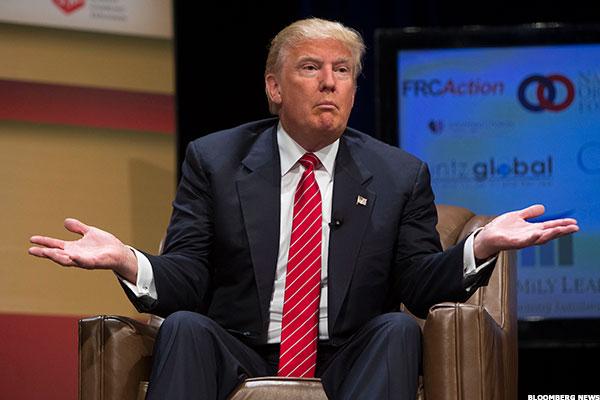by Joseph Stiglitz, Professor, Columbia University, via Project Syndicate
NEW YORK – In barely a month, US President Donald Trump has managed to spread chaos and uncertainty – and a degree of fear that would make any terrorist proud – at a dizzying pace. Not surprisingly, citizens and leaders in business, civil society, and government are struggling to respond appropriately and effectively.
Any view regarding the way forward is necessarily provisional, as Trump has not yet proposed detailed legislation, and Congress and the courts have not fully responded to his barrage of executive orders. But recognition of uncertainty is not a justification for denial.
On the contrary, it is now clear that what Trump says and tweets must be taken seriously. Following the election in November, there was near-universal hope that he would abandon the extremism that defined his campaign. Surely, it was thought, this master of unreality would adopt a different persona as he assumed the awesome responsibility of what is often called the most powerful position in the world.
Something similar happens with every new US president: regardless of whether we voted for the new incumbent, we project onto him our image of what we want him to be. But, while most elected officials welcome being all things to all people, Trump has left no room for doubt that he intends to do what he said: a ban on Muslim immigration, a wall on the border with Mexico, renegotiation of the North American Free Trade Agreement, repeal of the 2010 Dodd-Frank financial reforms, and much else that even his supporters dismissed.
I have, at times, criticized particular aspects and policies of the economic and security order created in the aftermath of World War II, based on the United Nations, NATO, the European Union, and a web of other institutions and relationships. But there is a big difference between attempts to reform these institutions and relationships to enable them to serve the world better, and an agenda that seeks to destroy them outright.
Trump sees the world in terms of a zero-sum game. In reality, globalization, if well managed, is a positive-sum force: America gains if its friends and allies – whether Australia, the EU, or Mexico – are stronger. But Trump’s approach threatens to turn it into a negative-sum game: America will lose, too.
Read the complete article here
Photo: Bloomberg
Copyright © Project Syndicate














